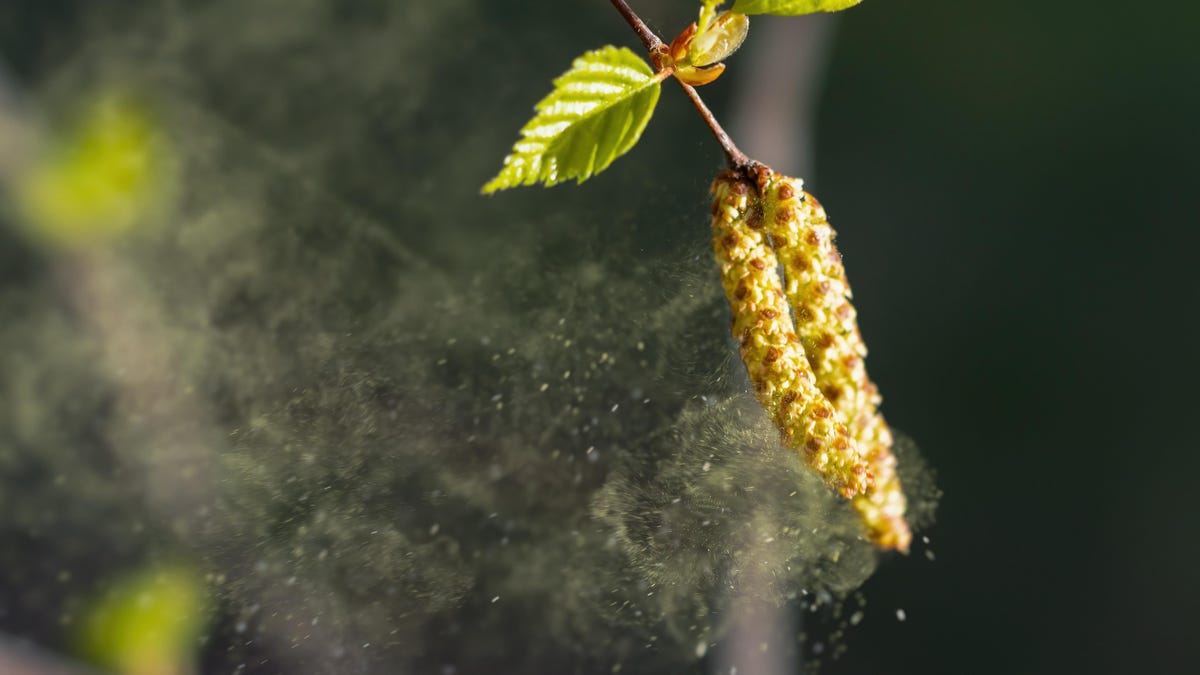The Impact of Climate Change on Pollen Seasons
If you’ve been feeling especially stuffy and sneezy lately due to your pollen allergies, you’re not alone. Pollen seasons have been growing longer over the years in many parts of the world, the U.S. included. There are different types of pollen from plants and trees that become prevalent at different times of the year. But in much of the U.S., the prevalence of allergy-causing pollen is highest in spring, and Americans’ springtime allergies have become a noticeably larger hassle over time.
Climate Change and Pollen
The main drivers of this increase in pollen are earlier and longer-lasting spring seasons. Climate change is one of the largest culprits behind this trend. A 2021 study found that the average pollen season in North America had increased by 20 days between 1990 and 2018. It also found that total springtime pollen counts had increased 21% during those same years. Warming temperatures were correlated with these trends, and researchers estimated that climate change directly accounted for 50% of the extended spring days and 8% of the heavier pollen counts.
Not everything is climate change’s fault. Allergies in general have become more common over time—likely due to a combination of factors, such as increased antibiotic use or greater exposure to certain environmental toxins. Some parts of the world may not experience the same increase in seasonal allergies as others, depending on how climate change affects their local weather patterns.
Predictions for the Future
In the U.S. and much of Europe, climate change is predicted to make the pollen season even more of a nightmare in the years to come. A 2014 study found that increased carbon dioxide on its own induced greater amounts of pollen released by Timothy grass, one of the leading causes of seasonal allergies in the world.
If you’re part of the unlucky quarter of Americans who have a seasonal allergy, get ready for plenty more bad allergy seasons in the years ahead. “It is likely that climate change will have even more of an impact on pollen seasons and respiratory health in the near future,” said William Anderegg, a biologist at the University of Utah and one of the authors of the 2021 study.
Image/Photo credit: source url





